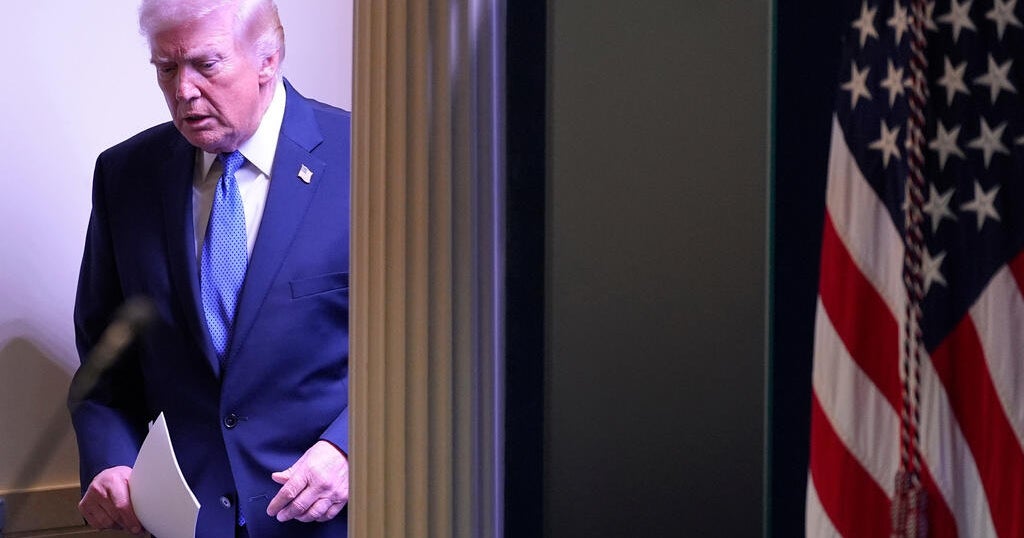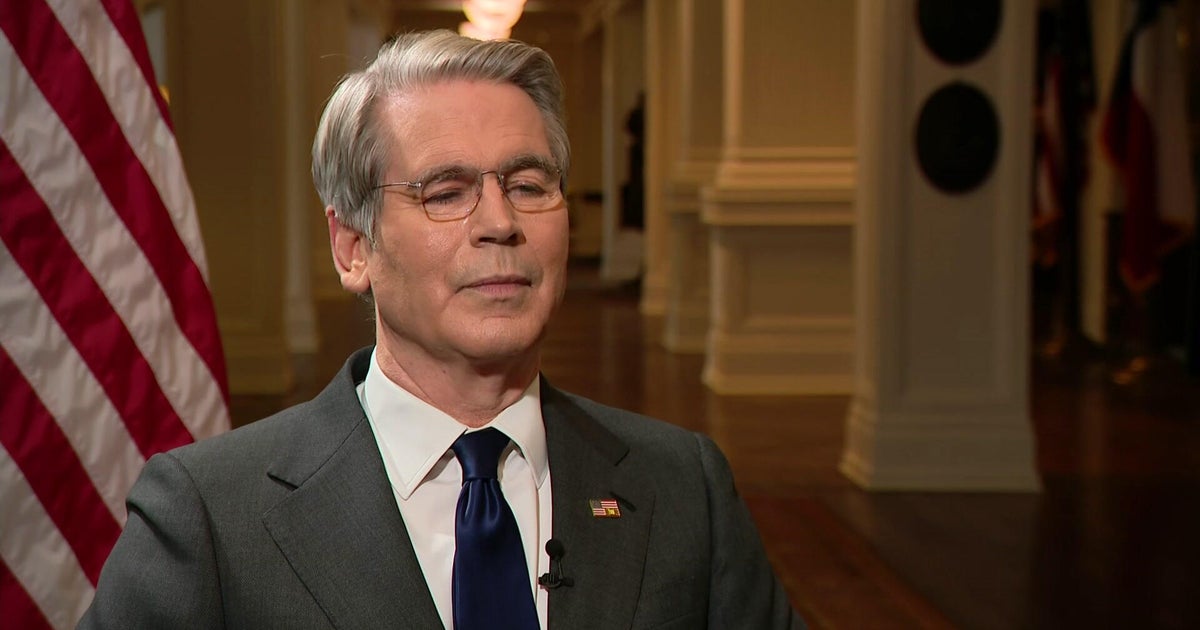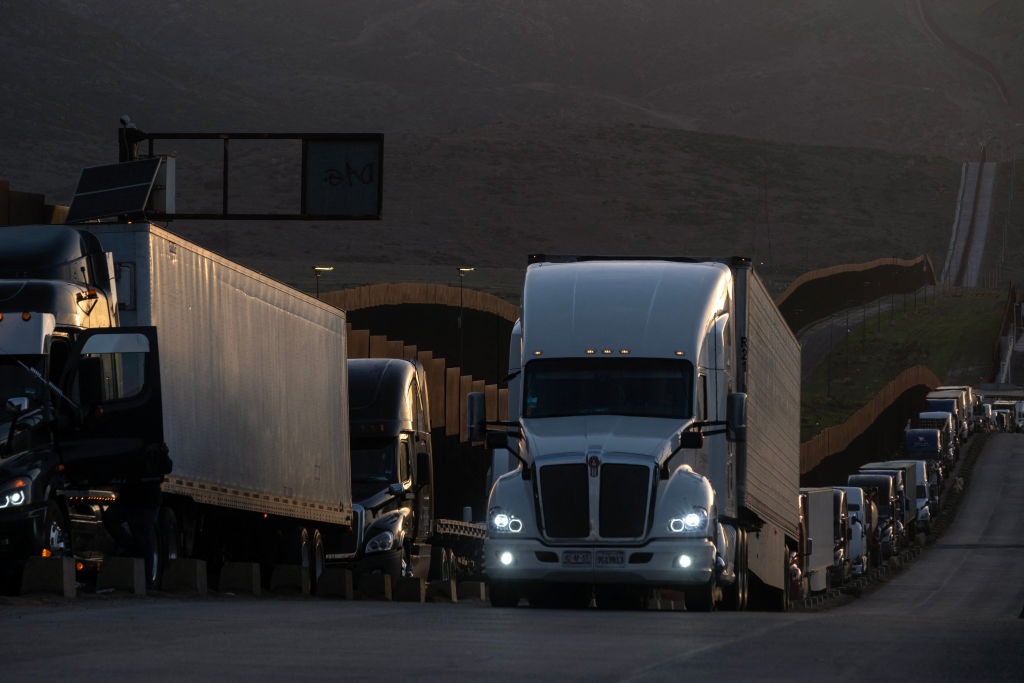Trump's tough trade stance takes shape -- ask Bombardier
When Donald Trump campaigned for president, he talked of ferocious bids to rip apart international trade deals, which he saw costing American jobs. The U.S. Commerce Department's imposing a harsh new import duty on a Canadian plane maker Tuesday is the latest evidence of it.
The U.S. is slapping aircraft-maker Bombardier with an almost 220 percent tariff for its high-end jetliner. Washington believes that the Montreal-based company gets unfair government subsidies from Britain, Canada and the province of Quebec -- hurting its larger American rival, Boeing (BA). The effect is to triple the Canadian jet's price, putting it at a competitive disadvantage.
This has opened a rift between the U.S. and Britain. British Prime Minister Theresa May decried the move on Thursday as "protectionism." The plane in question, Bombardier's C-series, is made in Northern Ireland, which is a part of the U.K., and the U.S. action threatens 4,000 jobs.
The tiff is about "maintaining a level playing field and ensuring that aerospace companies abide by trade agreements," Boeing said in a statement. Bombardier called the ruling "absurd" and pledged to contest it before U.S. International Trade Commission, a federal agency that oversees trade. Although the commission will decide on the tariff next year, the hefty duty takes affect right away.
Piece by piece, President Trump is launching his promised offensive against nations that he contends have bested the U.S. in trade pacts. In July, according to news reports, Mr. Trump scolded leaders of the G-20, a consortium of the world's wealthiest nations, as "largely responsible" for America's trade deficit.
The prospect of international trade conflicts is rattling many officials. "The risk of a trade war is very clear," World Trade Organization chief Roberto Azevedo said recently.
Whether the president's salients will ultimately help the U.S. and its workforce is an open question."If you want to be sure the near-term pain a trade battle would impose on U.S. workers will prove worthwhile in the long run, you'd better have allies -- both political and military," wrote Ian Bremmer, president of Eurasia Group, a political-risk consulting firm. But judging from his G-20 outburst, Mr. Trump doesn't seem to care.
The Bombardier set-to comes at a ticklish time for May, whose Conservative Party has lost its majority in Parliament. Now she depends on an alliance she struck with Northern Ireland's Democratic Unionist Party to maintain control, and the U.S. tariff is a clear menace to her new partners.
Making matters worse, she faces a March 2019 deadline for the U.K.'s exit from the European Union. The so-called Brexit could impose economic hardships on Britain, whose voters last year opted in a referendum to leave the EU.
May has looked upon Mr. Trump as a helping hand. Over the summer, the president floated plans for "a major trade deal" with a post-Brexit U.K., which could ease its departure from Europe. But the Bombardier clash could well complicate such an Anglo-American accord.
The airplane controversy comes amid opening talks in renegotiating the North American Free Trade Agreement, the three-nation pact signed in 1994 that Mr. Trump has blasted as a one-sided deal that harms American workers, especially in manufacturing. Canada and Mexico have expressed vague willingness to update the treaty, and Mr. Trump has threatened to quit NAFTA if he doesn't like the result of the talks.
Looming over everything are trade tensions between the U.S. and China, which candidate Trump cast as the chief villain behind America's trade deficit and its loss of manufacturing jobs. While the president has backed off a campaign pledge to label China as a currency manipulator, he has begun to prod it on several trade fronts.
One is a national security review of U.S. use of Chinese steel, which he claims China is subsidizing and dumping into the American market at unfair prices. Chinese steel now makes up 26 percent of the American market. Another front is the U.S. investigation into the theft of intellectual property theft by Chinese companies. Beijing has responded that it will it will use "all means necessary" to defend its businesses.
For Mr. Trump, the problem is that Americans like to buy foreign goods. As Adam Smith wrote in 1776: "In every country it always is and must be the interest of the great body of the people to buy whatever they want of those who sell it cheapest." But that's not deterring this president.



